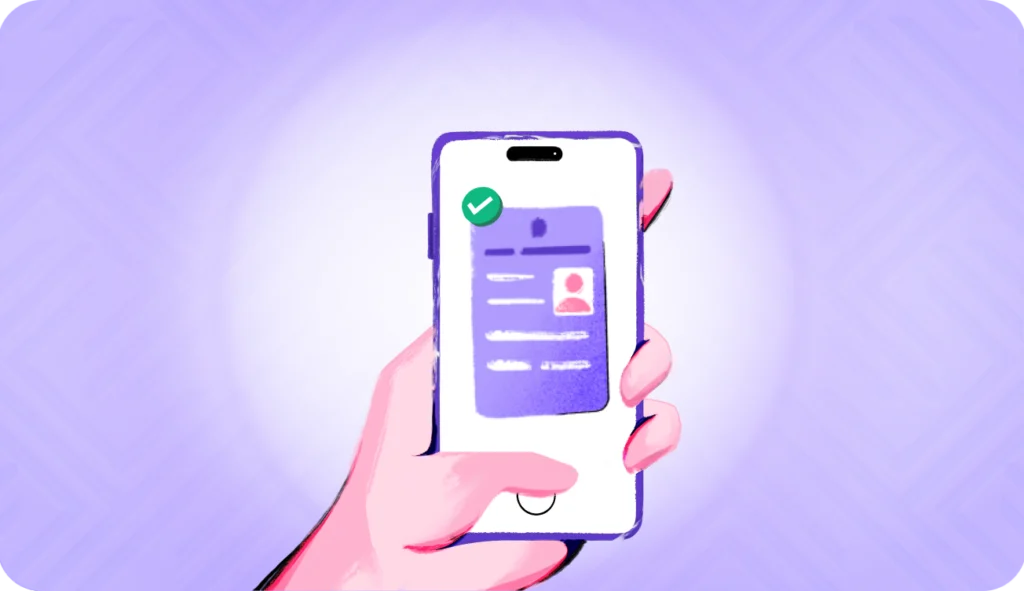Confidence mainly springs from the solid foundation that knowledge provides, and your dedicated hours of learning during medicine interview tutoring sessions are like bricks in that foundation. Each session will fortify your understanding, making you feel more adept and prepared to tackle whatever questions or scenarios come your way.
Knowledge is a powerful tool. It not only equips you with the specific answers and recall you’ll need in the interview, but it also breeds a deep-seated sense of competence. When you know your stuff, it reflects in your posture, your speech, and the way you carry yourself—and that’s the kind of confidence interviewers can sense a mile away.
Trying different relaxation techniques is like adding an architectural flair to your sturdy base.
Not only does it solidify your confidence, but it also sharpens your mental clarity and enhances your ability to think on your feet. You’re not just a well-prepared candidate; you’re a resilient one who can remain composed under pressure.
Breathing Techniques
When stress strikes, your body can go into fight-or-flight mode. Manage this by practising slow, deep breathing. It’s simple but effective—try the “box breathing” method: inhale for 4 counts, hold for 4, exhale for 4, hold again for 4. This can help calm your nervous system.
Visualisation
Mentally rehearsing your interview can make a huge difference. Imagine yourself walking confidently into the room, answering questions with poise, and leaving with a smile. Visualisation can help you feel more in control when the real deal happens.
Think of it as a mental dress rehearsal.
When you visualise your interview, your brain is practising the entire scenario without real-world stressors. This “mental practice” activates many of the same neural circuits as the actual experience. Actually, it even creates new neural circuits.
It’s like brain gymnastics—each time you imagine yourself confidently answering questions, walking into the room, or shaking hands, you’re paving neural pathways that make those actions feel more natural in reality.
On a deeper level, mental rehearsal leverages your brain’s neuroplasticity—its ability to adapt and rewire itself with practice. So when the big day comes, your mind’s like, “Hey, I’ve been here before. I’ve got this,” which translates to reduced anxiety and heightened self-assurance.
Mindful Breaks
Throughout your prep, take short breaks to clear your mind. A 5-minute walk, listening to a calming song, or just stretching can work wonders in resetting your stress levels.
Talk it Out
Sometimes, sharing your worries with someone who’s been through it—like a peer or mentor—can be enormously comforting. They might have insights or reassurances that you haven’t considered.
Giving a voice to your worries can be incredibly powerful. By articulating your fears, you’re shifting them from being vague, looming shadows into something concrete and manageable. It’s like turning on a light in a dark room; once you see what’s there, it feels far less intimidating.
This process taps into emotional regulation—it helps your conscious mind take charge, instead of being led around by anxiety. It’s as if you’re saying to those worries, “I see you, I hear you, and now let’s find a way through this together.” It’s a reclaiming of agency and power.
Keep Perspective
Remember why you started this journey and what excites you about becoming a doctor. Focusing on your passion can help mitigate the stress by reminding you of the bigger picture.
If keeping future perspectives doesn’t resonate strongly enough with you, no worries (pun intended), this happens! Since it can be tough to draw confidence solely from long-term outcomes, try shifting focus to rewarding yourself for the smaller milestones along the way—those weekly breakthroughs or the moments where you realise, “Hey, I understood this concept without breaking a sweat.” It’s about drawing strength from what you’ve accomplished here and now.
Healthy Habits
Sleep, exercise, and a balanced diet play pivotal roles in stress management. They’re like the basics of stress hygiene.
Also, drinking water might not be a golden solution, but staying hydrated is still part of the wellness mix! It’s all about consistency and finding the mix that works for you.
- Sleep: Aim for 7-9 hours consistently. Quality sleep enhances memory and mood, reducing stress layers over time.
- Nutrition: A balanced diet—rich in fruits, vegetables, fat proteins—fuels your brain for optimal performance. Omega-3s (found in fish, somewhat flaxseeds) are fantastic for mood regulation.
- Exercise: Regular physical activity releases endorphins, natural mood lifters. Find something you enjoy, whether it’s brisk walking, yoga, or a full-on dance session.
- Mindfulness Practices: Consider meditation, journaling, or gratitude exercises. They strengthen mindfulness and help keep anxiety in check.
Integrating Stress Management Techniques Into Your Study Routine
- Mind-Body Link
When you regularly practise relaxation techniques after challenging mental workouts, your body begins to associate learning with calmness. Think of it like training a muscle: the more you work at it, the stronger that reaction becomes. This helps you build what’s called “relaxation tolerance,” meaning it becomes easier for you to return to a relaxed state, even under stress.
- Conditioning Relaxation
Essentially, you’re rewiring your brain through habit and repetition. Just like Pavlov’s dogs learned to associate a bell with food, your mind can learn to associate learning stress with relaxation. Over time, this can make stressful situations feel more manageable because your brain knows how to flip that relaxation switch even when under pressure.
- Hormonal Balance
On a physiological level, consistent practice of relaxation techniques can help regulate hormones like cortisol (which spikes during stress). Lower cortisol levels mean less of that fight-or-flight feeling and more clarity and focus.
- Nervous System Training
By regularly practising relaxation, you’re training your autonomic nervous system. This includes the parasympathetic nervous system, which deals with rest and digest. Activating it after intensive learning lets your body know it’s okay to relax and rejuvenate.
- Building New Neural Pathways
Each time you pair learning with relaxation, you’re strengthening neural pathways associated with calm and focus. This can lead to improved resilience and performance in high-stress situations like an interview.
Bringing relaxation into your study sessions doesn’t just help you unwind; it enhances your learning and ability to handle stress in the long run. So, weave those moments of zen into your routine—it’s a smart, holistic way to prepare not just for interviews but for a lifetime of learning and doctoring.
This dynamic duo of thorough preparation and relaxation ensures you’re not just relying on rote learning but also adapting seamlessly to the conversational flow of the interview. You’re essentially building a nuanced toolkit that helps you manage stress, project self-assurance, and engage authentically with your interviewers.
Remember, you’re embodying a holistic approach. It’s not just about what you know—it’s about how you present it, and how you take care of your well-being along the way.
Feel free to experiment with these strategies, and see which combination helps keep you calm and collected. Remember, it’s all part of the journey, and you’re more than capable of navigating it.





